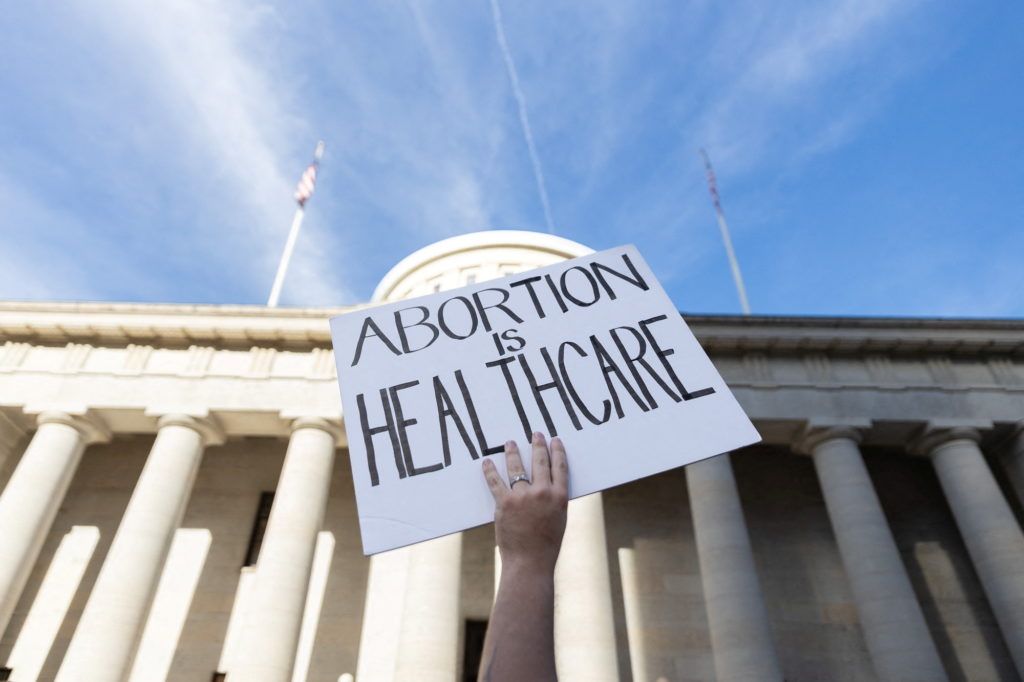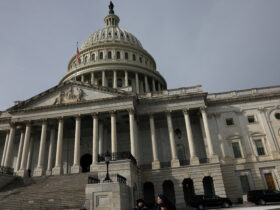United States – The U.S. Supreme Court once again issued a ruling in the abortion rights battle in arguments set forth by Idaho’s GOP-sponsored restrictive abortion ban against an act recognizing the rights of patients to receive emergency care.
EMTALA vs. Idaho Ban
The justices will consider an appeal by Idaho state officials following a lower court decision that EMTALA of 1986, the Emergency Medical Treatment and Labor Act (EMTA), has a priority status above the state’s near-total ban. Mr. Biden’s administration has also called on the justices to validate that judgment, as reported by Reuters.
Complex Legal Terrain Post-Roe v. Wade

As a result, the court, currently with a conservative majority of 6-3, will probably revisit the complex legal environment that it created with its decision issued last June to abolish the 1973 Roe v. Wade ruling on which abortion had been legalized up till then at the national level.
Idaho is among seven states that have had this ban in place for the last two years, and according to an argument presented by the U.S. Justice Department, an exception to preserve the health of pregnant patients has not been provided.
In Idaho, a ‘trigger ban’ adopted in 2020 became effective upon the collapse of Roe’s right to privacy. The law of Idaho enforces nearly all abortions unless when the life of the mother is the consideration. Doctors who are found in breach will spend two to five years in prison and lose or be permanently removed from the medical permission to practice it.
Concurrently, EMTALA says hospitals that receive federal funding under the Medicare program are required to “stabilize” patients with emergency medical conditions. The question at hand is whether EMTALA can override the Idaho prohibition in cases where a doctor finds it necessary to perform an abortion to provide the “stabilizing intervention.”
Post Roe, the Biden Administration issued a federal guidance positioning the EMTALA as applicable for abortion as it conflicts with the abortion bans. Additionally, the Department of Justice filed A case challenging the ban in Idaho.
Judge B. Lynn Winmill from the city of Boise, located in the U.S. District Court in 2022, declared abortion laws from Idaho ineffective when employed in cases of abortions meant to save the life of a mother considering “serious jeopardy” or which exposes “serious impairment to bodily functions.”
In January, the highest court allowed Idaho to set its law in motion. However, the same Supreme Court also agreed to examine its correctness.
Implications and Pending Verdict
The Attorney General for Idaho and the Republican state lawmakers on trial explained to the Supreme Court that Idaho’s law and EMTALA are supposed to work together, as reported by Reuters.
The highest court is projected to release its verdict by the end of June.
It is also one of many other abortion cases the justices have to decide in this particular political arena, which is the 2020 election year. The court is supposed to issue a judgment at the end of June month, passing on an appeal by anti-abortion groups and medical practitioners to restrict the availability of the abortion drug mifepristone, which was approved by federal regulators in 2000.















Leave a Reply